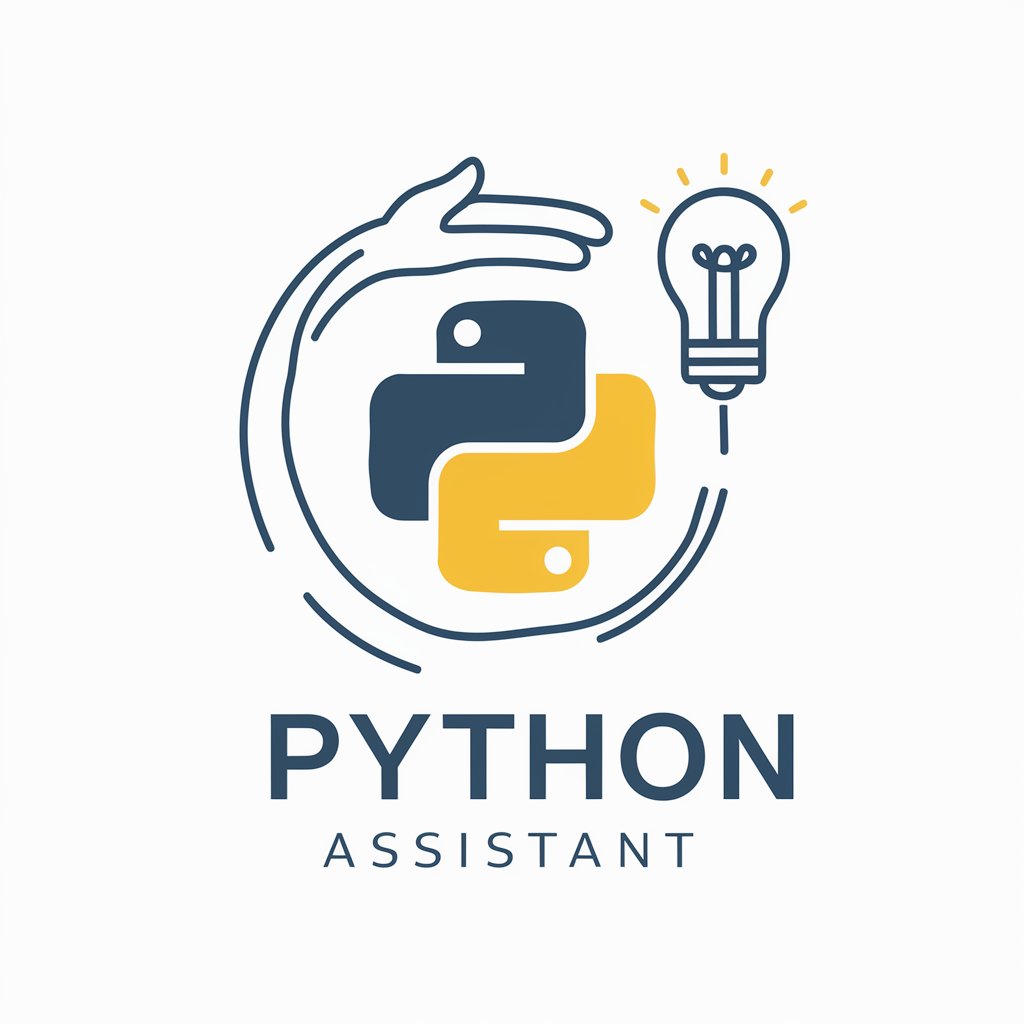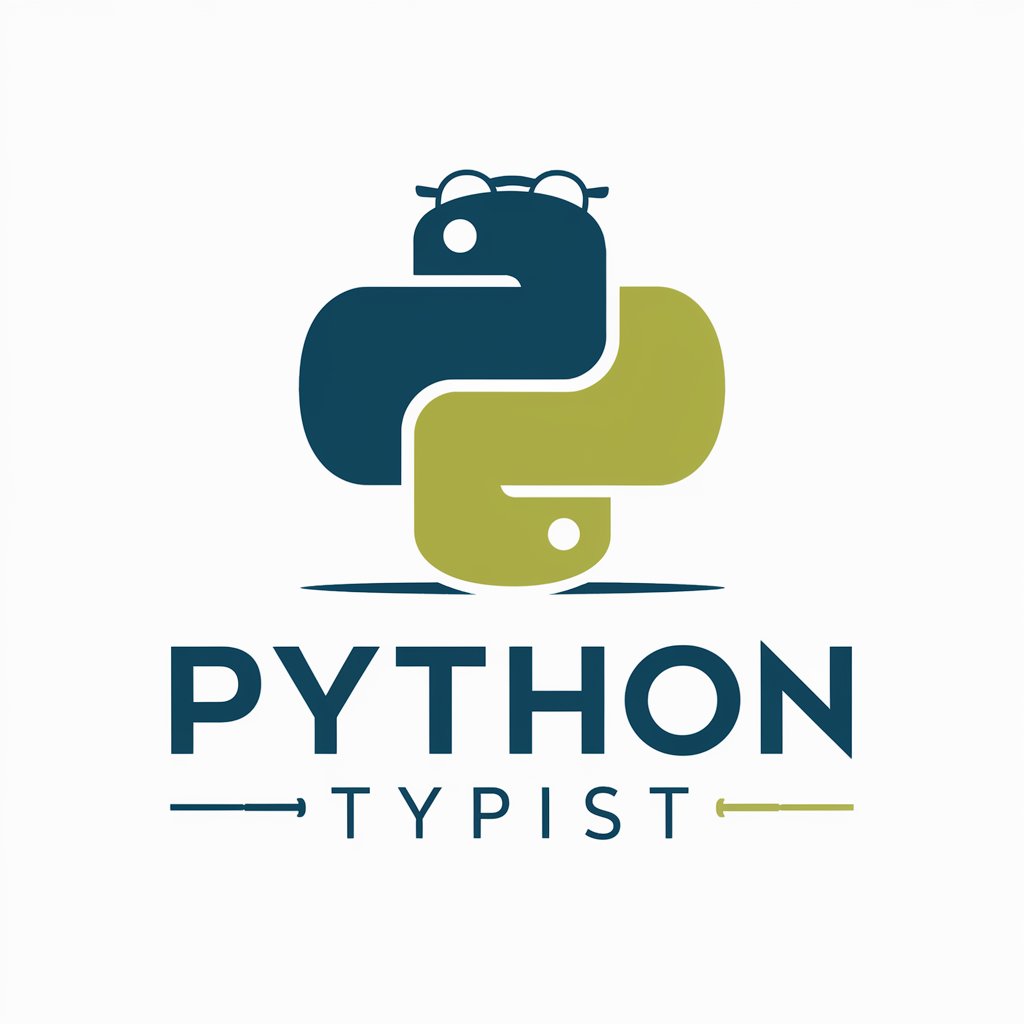Rubscript - Ruby to TypeScript Conversion

Hello! Ready to transform Ruby code to TypeScript?
Transforming Ruby into TypeScript with AI-powered precision.
Convert this Ruby class to a strongly-typed Node.js TypeScript class:
Translate the following Ruby method into a TypeScript function with explicit types:
How would you rewrite this Ruby module in Node.js TypeScript, ensuring type safety?
Can you help me convert this Ruby code snippet to well-typed TypeScript?
Get Embed Code
Introduction to Rubscript
Rubscript is designed as a specialized GPT model to assist users in converting Ruby code into Node.js TypeScript code, with a particular focus on maximizing type safety and avoiding the use of the 'any' type in TypeScript. This GPT's purpose is to understand the nuances of Ruby, JavaScript, and TypeScript languages to ensure accurate translations that maintain the logic and functionality of the original Ruby code while adapting to TypeScript's typing system and Node.js's syntax and conventions. A key design principle of Rubscript is the emphasis on strong typing over the use of 'any', aiming to provide clear, understandable, and well-typed TypeScript code. Example scenarios include translating Ruby web server code into a TypeScript Node.js server, converting Ruby data processing scripts into TypeScript for use in a Node.js environment, and mapping Ruby ORM queries to TypeScript equivalents using TypeORM or a similar library. Powered by ChatGPT-4o。

Main Functions of Rubscript
Ruby to TypeScript Code Translation
Example
Translating a Ruby method that fetches data from an API and processes it, into a TypeScript function using async/await syntax.
Scenario
A developer wants to migrate a Ruby on Rails backend service to a Node.js server for better performance and scalability. Rubscript can accurately translate Ruby methods into TypeScript functions, ensuring type safety and leveraging Node.js features.
Type Safety Enhancement
Example
Converting Ruby dynamic types into explicit TypeScript types, using interfaces and enums where applicable.
Scenario
When porting Ruby scripts that interact with a database to TypeScript, ensuring that the data types match the database schema is crucial. Rubscript helps by generating TypeScript interfaces from Ruby classes or hashes, making the codebase more reliable and easier to maintain.
Node.js Integration
Example
Adapting Ruby file operations or HTTP requests into their Node.js equivalents, utilizing the fs and http modules in TypeScript.
Scenario
In migrating a Ruby application that performs file processing and external API calls, Rubscript translates the Ruby code to use Node.js's non-blocking I/O operations, improving the application's efficiency and scalability in a Node.js environment.
Ideal Users of Rubscript
Ruby Developers Migrating to Node.js
Developers with existing Ruby codebases looking to transition to Node.js for its performance benefits and extensive ecosystem will find Rubscript invaluable. It simplifies the conversion process, ensuring that the translated TypeScript code is idiomatic and type-safe.
Teams Adopting TypeScript for Type Safety
Teams aiming to leverage TypeScript's type safety features in their Node.js projects, especially those transitioning from dynamically typed languages like Ruby, will benefit from Rubscript. It assists in translating and enhancing the type safety of their code, making their applications more robust and maintainable.
Educators and Learners
Educators teaching programming concepts with a focus on typed versus dynamically typed languages, and learners transitioning from Ruby to TypeScript, can use Rubscript as a tool to understand the differences in syntax, type systems, and runtime environments between Ruby and TypeScript in Node.js.

How to Use Rubscript
Start your journey
Begin by visiting yeschat.ai to explore Rubscript capabilities with a free trial, no login or ChatGPT Plus subscription required.
Understand the basics
Familiarize yourself with Ruby and TypeScript fundamentals, as Rubscript specializes in translating Ruby code into strongly-typed TypeScript for Node.js.
Prepare your Ruby code
Organize the Ruby code you wish to convert, ensuring it's clearly structured and documented for the most efficient translation process.
Use Rubscript
Enter your Ruby code into the Rubscript interface. Utilize the specific formatting tools provided for code to optimize the translation accuracy.
Review and refine
After translation, carefully review the TypeScript output. Utilize Rubscript's suggestions for type refinements to enhance code safety and efficiency.
Try other advanced and practical GPTs
Spaceship-izer
Transform concepts into cosmic vessels.

Excel Python Pro
Automate Excel tasks with AI-powered Python

Python Assistant
Enhancing Python coding with AI assistance.

Porcelainizer
Crafting Elegance with AI

Marketplace Maven
Elevating E-commerce with AI

Still Standing Alberta
Empathetic AI for Mental Well-Being

Python Typist
AI-powered Python code crafting

Salito, Spanish Tutor
Master Spanish with AI-powered personalized tutoring.

Commonwealth Legislation GPT
Navigating Australian Law with AI

Mike Mentzer
Unleash Your Potential with High-Intensity Training

Less sugar
Sweeten smartly with AI-powered sugar swaps

Sugar Cookie Recipe
Craft Perfect Sugar Cookies with AI

Rubscript FAQs
What is Rubscript?
Rubscript is a specialized AI-powered tool designed to convert Ruby code into Node.js TypeScript code, focusing on strong typing over the use of 'any' type to ensure type safety.
Why should I use Rubscript for my code conversion?
Using Rubscript ensures that your Ruby code is accurately translated into TypeScript, adhering to Node.js conventions and TypeScript's typing system, which enhances code quality and safety.
Can Rubscript handle complex Ruby constructs?
Yes, Rubscript is designed to handle a variety of Ruby constructs and translate them into their TypeScript equivalents, maintaining logic and functionality while adhering to strong typing principles.
How does Rubscript ensure type safety?
Rubscript emphasizes translating Ruby code to TypeScript with a focus on strong typing, avoiding the use of 'any' type, and providing suggestions for type refinements based on the logic and functionality of the original code.
Is Rubscript suitable for beginners?
While Rubscript is powerful, beginners in Ruby or TypeScript might need to familiarize themselves with the basics of these languages to fully leverage its capabilities for code conversion.
